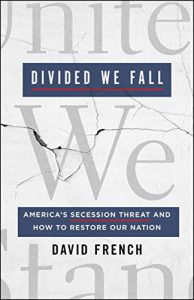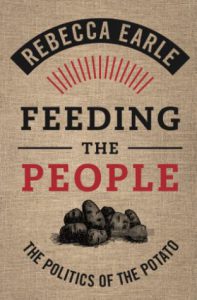Eye Opening, Yet Problematic Itself. This is a well documented work – roughly 30% of the text was bibliography, even if much of it wasn’t actually referenced in the text of the advance reader copy I read. (Perhaps that will be corrected before actual publication, so if you’re reading a fully published version circa June 2021 or later, please comment and let me know. :D) It does a tremendous job of showing the development of palm oil from regional subsistence level agriculture to today’s modern arguably Big Palm level industry, and how it spread from regional staple to in seemingly every home in the “developed” world, at minimum. It is here that the book is truly eye opening, and truly shows some areas that perhaps still need some work.
HOWEVER, the book also often lauds communists and eco-terrorists, among other less than savory characters, for the “efforts” to “combat” this scourge – and this is something that is both pervasive throughout the text and a bit heavy handed, particularly when praising a team of Greenpeace pirates who tried to illegally board a cargo ship a few years ago.
Still, even with the aforementioned pervasive praise of people who arguably truly shouldn’t be, the fact that the text does such a solid job of explaining the various issues and histories at hand alone merits its consideration. Recommended.
This review of Planet Palm by Jocelyn C Zuckerman was originally written on March 7, 2021.




